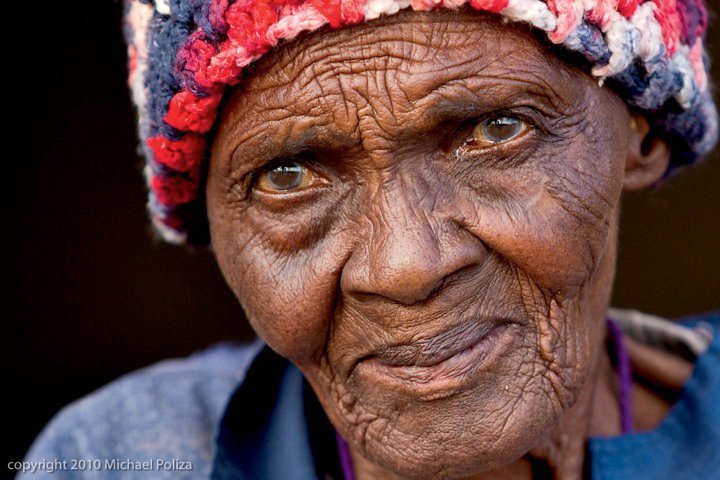Almost 690 cases of alleged abuse of the elderly have been reported to the Department of Social Development in the Western Cape in the last five years. Recent events of unauthorized SASSA deductions have highlighted the plight of the elderly as a marginalized constituency.
According to Pat Lindgren from Action on Elder Abuse SA, the perpetrators of violence against the elderly are usually those closest to the victim.
“It’s usually the relative of the individual…children, grandchildren, siblings and even spouses. It makes the pain that much more acute, when [the perpetrator is] someone that you should trust,” Lindgren said.
The cases of abuse carried out by family members do not discount the abuse perpetrated within old-age homes.
A Cape Town based old-age home is currently under investigation for the death of 15 elderly individuals who died under suspicious circumstances.
Lindgren importantly highlighted the misconception “that all the abuse takes place in the [old-age] homes.”
Lindgren noted that only five percent of the elderly reside in old-age homes while the larger 95 per cent resides within communities.
“It’s more difficult to discover abuse within the communities,” Lindgren explained.
Old-age homes are however regulated under the Older Persons Act 13 (2006). The Act stipulates the basic level of service, the size of the room, and the standard of staff.
Lindgren confirmed that there are “problem” homes.
“These are the unregistered homes, located in residential areas, where people are looking mostly to make a quick buck.”
“No facility can say that they don’t have abuse, but I think that it is important that if they have abuse, that they deal with it”
Actions that constitutes elder abuse, Lindgren notes, includes any act that causes harm or distress to an elder person and usually occurs within a relationship of trust.
She further encouraged that within facilities where abuse is discovered measures that will prevent the abuse from occurring in the future are employed.
Action on Elder Abuse SA originated in 1998 as a telephone helpline, in preparation for the 1999 ‘International Year of Older Persons’. The elderly were asked what their expectations were for the year.
Through this helpline, it was discovered that many elderly individuals suffer from abuse.
Lindgren confirmed that many elderly individuals “said that they want an end to the abuse.”
Abuse of the elderly is not a new phenomenon and is not restricted to South Africa.
“There are plenty old-age homes, but not many that are affordable; you can pay anywhere between R15000 to R20 000 for care.”
It is, therefore, apparent that the average man in the street is unable to access care.
“Often in homes that do not have ‘frills’, the care is excellent,” Lindgren asserted.
Individuals who wish to apply for residence at an old-age home will require an application form, which is inclusive of a medical. The required medical is aimed at keeping senior citizens within the community, and only institutionalizing the frail, who require round-the-clock care.
When deciding on an old-age facility, Lindgren notes, individuals should check that the facility is registered with the Department of Social Development.
Action on Elder Abuse SA provides guidance to plainants; and where necessary, conducts home visits. The organization, with the assistance of the Cape Law Society, also provides victims with pro bono legal advice.
If you are a victim of elderly abuse or suspect that an elderly individual is a victim of abuse, contact Action on Elder Abuse SA on their toll-free helpline, open 24/7, seven days a week: 0800003081
Alternatively, visit: https://www.westerncape.gov.za/facility/action-elder-abuse-south-africa
VOC (Thakira Desai)






 WhatsApp us
WhatsApp us 

